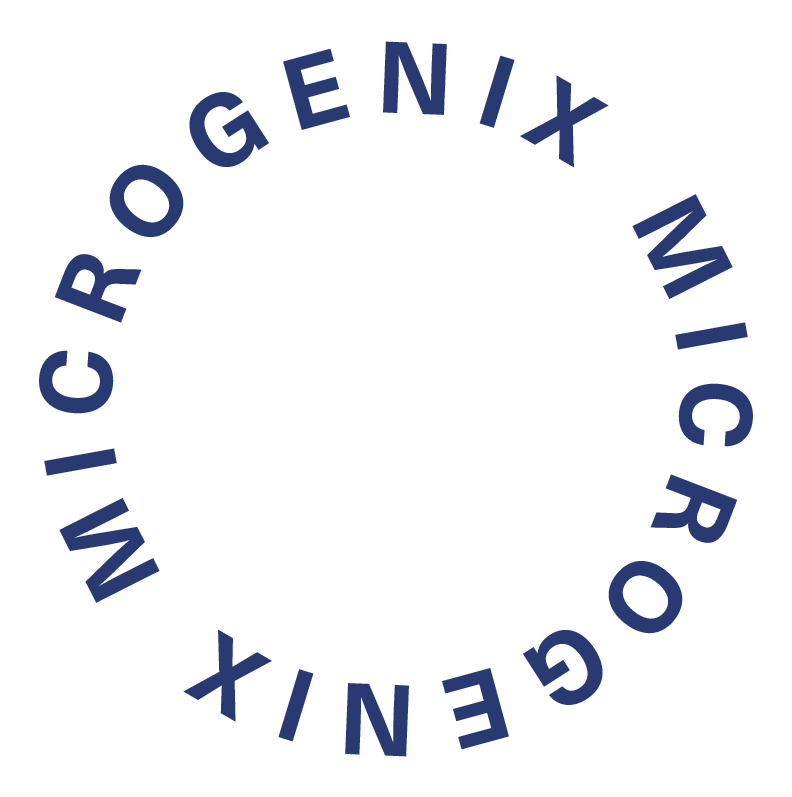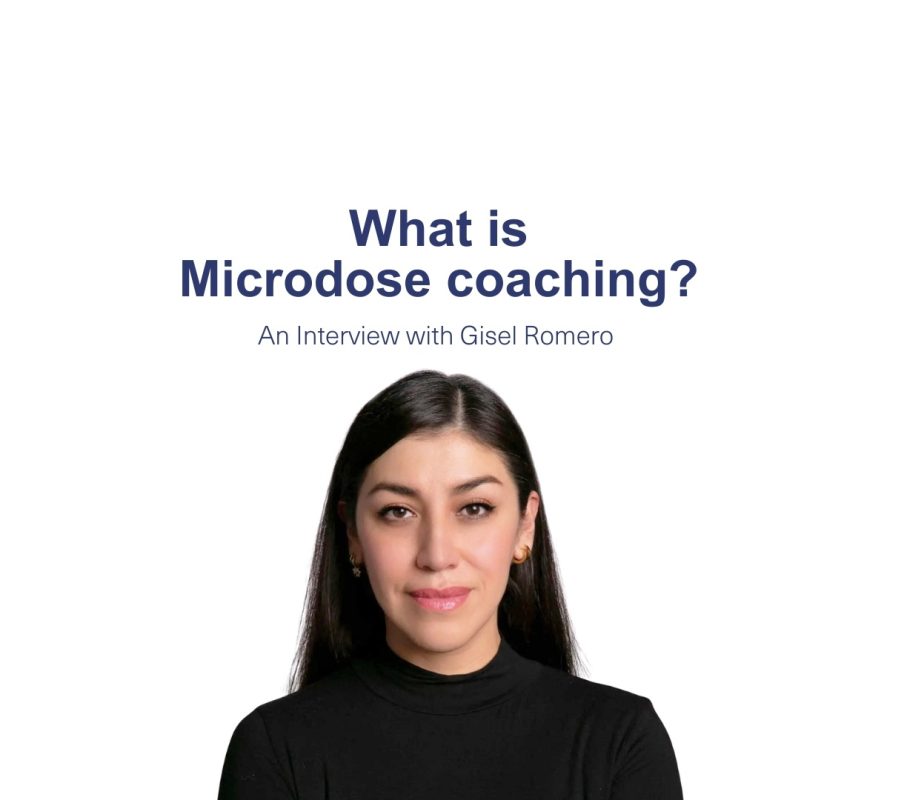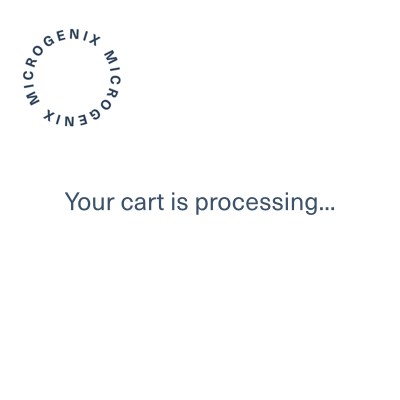Blog
Exploring the Ever-Expanding World of Microdose Coaching
While the act of microdosing psychedelics on a scheduled basis to feel more focused, creative, and happier is now a well-established practice, a new era of therapy known as microdose coaching is a more recent development on the rise — a promising opportunity for those looking to expand their wellness journeys to elevated (and professionally-guided) heights.
Microdose coaching is garnering interest from holistic wellness doctors and healthcare professionals who believe that integrating microdosing may help clients achieve their personal goals. With the internet now flooded with information and resources on microdosing, what additional benefits can a professional microdosing coach offer to those starting this journey?
One way to understand this is by comparing it to other wellness pursuits, like fitness: while gyms are widely accessible, a personal trainer can offer more reliable results through accountability, insight, and interpersonal support. Similarly, microdose coaches leverage their expertise in areas such as psychiatry and holistic medicine to provide users with the education and integration needed to benefit from a microdosing practice in a sustainable and effective manner.
Research shows that taking on a new practice with the help of a professional or coach can amplify your success rate by up to 60%, thanks to their personalized guidance and tailored strategies.
So, when it comes to harnessing personal growth, well-being, and transformation through microdose coaching, what can clients expect? We spoke with professional microdose coach Gisel Romero to gain insight into this new-age profession.
“A Microdose Coach provides expert guidance throughout your microdosing journey. They offer comprehensive support, addressing your questions and ensuring your safety and comfort. Through personalized coaching, you’ll gain insights into your internal processes, fostering introspection and personal growth.” – Gisel Romero, Bioneuroemotion & Microdosing Coach
As research into psilocybin mushrooms, particularly their ability to treat various mental health issues, continues to grow, individuals from all walks of life are exploring the practice of microdosing. This interest is not without its reservations, though.
Many remain skeptical about the concept of sub-perceptual microdosing, which involves taking such small doses that they cause no noticeable changes to daily perception. Consequently, some attribute the benefits of microdosing to a “placebo effect,” a notion partly due to the lack of extensive research on micro-level dosing. Despite this, many healthcare professionals, including therapists, psychologists, and psychiatrists, are exploring microdosing as a means to support mental health — and it appears to be effective.
“Microdosing can play a crucial role in positive change by quieting the ruminating mind. This allows for a more open state, facilitating the integration of new, beneficial habits. By leveraging neuroplasticity, microdosing empowers individuals to achieve their goals, aligned with their true essence. I have found real potential in mixing these two tools, and have personally made important changes in my life.” – Gisel
While specific research on microdosing remains somewhat limited, studies on psilocybin and its capacity to treat mental health issues such as treatment-resistant depression, anxiety, addiction, and PTSD are more extensive. For instance, a study published in Psychopharmacology found that participants who received psilocybin reported increases in emotional and psychological well-being, including heightened feelings of connectedness and empathy—effects that persisted for months after treatment (Griffiths et al., 2011).
What many success studies reveal is that having a professional present during psilocybin experiences appears to enhance the benefits of the medicine in a more enduring, effective manner.
“The role of a facilitator is crucial in supporting clients through these psilocybin experiences. By explaining the nature of these emotional responses, providing context, and offering coping strategies, the facilitator empowers clients to navigate the process effectively.” – Gisel
While resources are available for many to start their mushroom-healing journey independently, complex cases like depression and PTSD warrant an additional element of precaution to ensure that the benefits and shifts induced by the mushrooms are both noticed and applied effectively.
“Microdosing can yield valuable insights about oneself, often through subtle signs or dreams. Without guidance, these revelations may be missed due to a lack of focused self-observation. A professional can assist in setting intentions, defining goals, and maximizing the benefits of the experience. This structured approach enhances commitment and supports the integration of newfound insights.” – Gisel
What makes microdose coaching particularly progressive is that it is not only growing in numbers but also attracting professionals from diverse backgrounds to provide tailored one-on-one experiences based on individual goals. Coaching with Gisel, a trusted resource within the plant medicine movement, combines her expertise with Bioneuroemotion—a method integrating biological, neurological, and emotional aspects to help patients understand their emotions and health issues at their root.
“Bioneuroemotion studies have emphasized the importance of accessing unconscious information. These deeply ingrained patterns, often rooted in past experiences, can create recurring conflicts that no longer serve our true selves.Through self-observation, I recognized one such pattern: my unproductive way of interacting with others. This awareness ignited a desire for change. However, the mind can be resistant to transformation, clinging to comfort zones and established control mechanisms. Bioneuroemotion identifies true intentions and goals, paving the way for positive change.” – Gisel
Exploring the main components of Bioneuroemotion and Gisel’s expertise reveals a connection to the healing aspects of mushrooms and microdosing. It is important to note that, unfortunately, there is no one-size-fits-all cure for life’s challenges. Microdosing can enhance focus and productivity, but it is up to the user to fully grasp these shifts and use them to their advantage.
“Many clients approach microdosing with the expectation of sweeping life transformations without clearly defined goals. I emphasize the importance of specificity, encouraging clients to focus on one key area for improvement. Microsoding is not a magic pill.” – Gisel
To use the fitness/wellness analogy once more: if you integrate mindful practices and nutrient-rich foods to improve mental health, and you notice significant improvements, maintaining these habits and making lifestyle changes will yield more benefits than if you stop after a couple of weeks.
“It’s essential to dispel the misconception that microdosing is a universal solution. While it can be a valuable tool for self-discovery, it’s most effective when combined with focused intention and self-awareness. Ultimately, microdosing can facilitate a deeper connection to oneself, a crucial aspect often overlooked in our modern society.” – Gisel
You might now be wondering whether you should get a microdose coach and what the coaching process entails. Gisel Romero provides us with the inside scoop:
Phase One: Intention Setting and Bioneuroemotional Assessment
“We begin by identifying specific challenges, for example: such as relationship conflicts, to pinpoint underlying limiting beliefs. Through the session, we uncover the root causes of these patterns, enabling clients to understand their origins and develop strategies for change.”
Phase Two: Microdosing and Integration
“Once clear intentions are established, we introduce microdosing. An initial session focuses on methodology, addressing questions and concerns. Ongoing support emphasizes self-observation and integration of emerging insights. By fostering a deeper connection with internal experiences, clients can harness the potential of microdosing to achieve desired transformations.”
So, should you consider a microdose coach? If you’re already microdosing on your own and feel it’s working, you might wonder why you’d need one. It might be valuable to revisit why you started microdosing in the first place, assess your initial goals, and examine your progress with full transparency. This reflection can help you determine if a coach could offer additional benefits to further enhance your journey.
“As a coach, I’ve come across many clients who’ve experimented with solo microdosing and reported initial positive experiences. However, after stopping, they often revert to their previous state of stress, anxiety, and so on. For me, the most crucial aspect of coaching is facilitating self-understanding during microdosing. This period unlocks a wealth of internal information that, when seen, understood, and integrated with a coach’s guidance, can lead to lasting positive change.” – Gisel
While microdosing can leave us feeling joyful, light on our feet, and creative, it may be valuable for some to not view these onset benefits as a “I’m healed!” phenomenon but to delve into initial issues and assess readiness for a deeper healing journey.
“I guided a woman in her sixties who had experienced treatment-resistant depression for three decades, despite various therapeutic interventions and antidepressant medications. Approaching our collaboration with hope as a final resort, we embarked on a six-month journey of self-discovery incorporating 3 microdose cycles. Through this process, she achieved significant personal growth, ultimately reporting a remission of depressive symptoms. Empowered by her newfound self-awareness and resilience, she has become a valuable support for others facing similar challenges.” – Gisel




